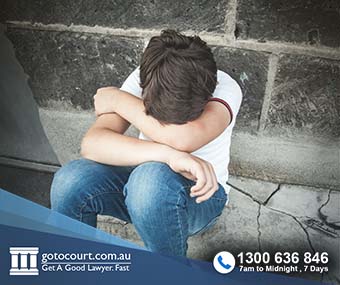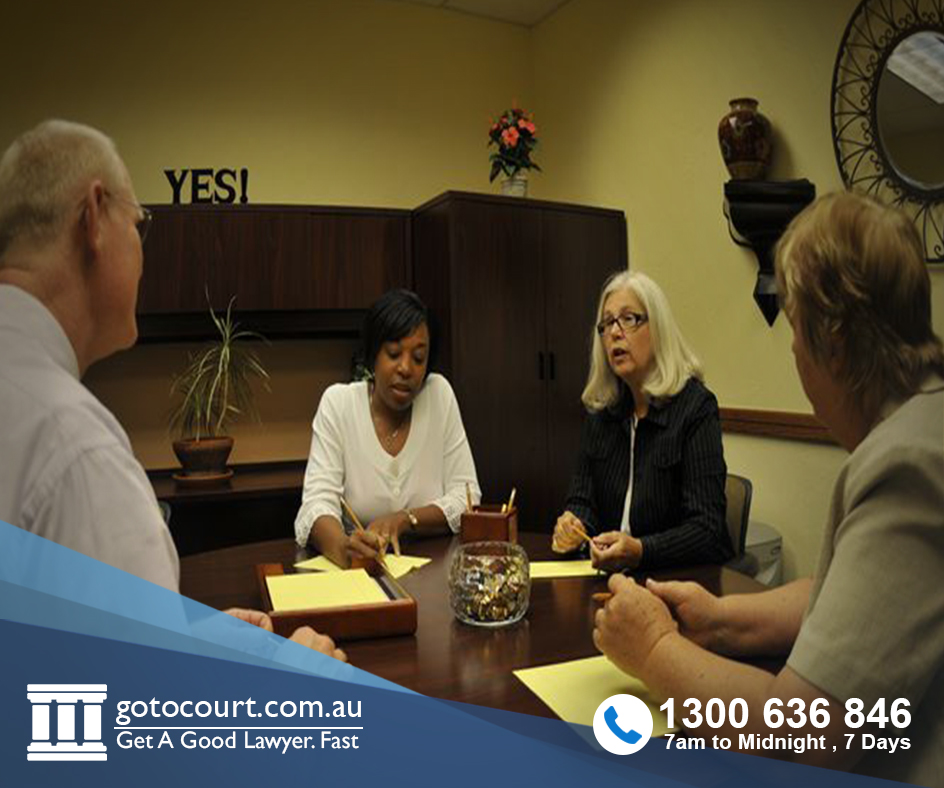Call our lawyers
now
or,
have our lawyers
call you
Findings of Guilt With No Conviction (NSW)
Updated on Jan 12, 2023 • 5 min read • 325 views • Copy Link
Findings of Guilt With No Conviction (NSW)
In New South Wales, courts can deal with criminal offences without recording a conviction if they choose to make an order under Section 10 of the Crimes (Sentencing Procedure) Act 1999. Where it is appropriate, courts can make an order under this provision dismissing a charge completely or discharging the offender into a good behaviour bond or an intervention program with no conviction. This provision allows courts the discretion to give offenders a ‘second chance’ and avoid having a criminal conviction recorded against them.
When will courts make a ‘no conviction’ order?
Courts may make an order with no conviction under Section 10 where they consider it appropriate to do so, taking into account:
(a) The person’s character, antecedents, age, health and mental condition;
(b) The trivial nature of the offence;
(c) The extenuating circumstances in which the offence was committed;
(d) Any other matter that the court thinks proper to consider.
In some circumstances, courts have found that the dismissal of a charge with no conviction is appropriate for a first offender. This is because the legislature and the community considers that in certain circumstances, first-time offenders should be given a second chance to maintain a reputation of good character. Likewise, where a person has been found guilty of a comparatively trivial offence and has compelling extenuating circumstances, a Section 10 order may be appropriate. However, the likelihood of receiving a Section 10 order when you have committed the same or a ‘like’ offence within the previous five years is very low. It is also very low if you have a substantial criminal history.
Sentencing principles
To understand how Section 10 operates, it is important to have an understanding of general sentencing principles. Section 3A of the Crimes (Sentencing Procedure) Act 1999 sets out the seven purposes for which a court may impose a sentence on an offender:
(a) To ensure that the offender is adequately punished for the offence,
(b) To prevent crime by deterring the offender and other persons from committing similar offences,
(c) To protect the community from the offender,
(d) To promote the rehabilitation of the offender,
(e) To make the offender accountable for his or her actions,
(f) To denounce the conduct of the offender,
(g) To recognize the harm done to the victim of the crime and to the community.
The Court must always impose a sentence that balances the need to rehabilitate the offender with the need to deter them and other people from committing offences in the future.
Specific deterrence
The principle of imposing a harsh sentence on an individual in order to deter them from committing similar offences in the future is known as Specific Deterrence. This principle is most relevant when an offender has a prior criminal history and in particular has committed previous offences of a similar nature. This type of behavior is described as a continuous course of conduct or a continuing attitude of disobedience and is often the basis for a court imposing sentences of increasing severity. Where specific deterrence is a major consideration at sentencing, courts will be very unlikely to impose no conviction.
General deterrence
The principle of imposing penalties to deter the community at large from committing similar offences is known as General Deterrence. Deterrence theory is predicated on the idea that the harsher the punishment the greater the deterrent effect. In R v Harrison (1997) 93 A Crim R 314 at 320 Hunt CJ at CL said at 320:
“Except in well-defined circumstances such as youth or the mental incapacity of the offender … public deterrence is generally regarded as the main purpose of punishment, and the subjective considerations relating to the particular prisoner (however persuasive) are necessarily subsidiary to the duty of the courts to see that the sentence which is imposed will operate as a powerful factor in preventing the commission of similar crimes by those who may otherwise be tempted by the prospect that only light punishment will be imposed.”
The principle of General Deterrence requires courts to impose penalties that will make an example of the offender to the community, to let it be known that the type of offence committed will not be accepted.
The operation of general and specific deterrence can be affected by the relevance of other principles to the case. Other factors, which may militate against the offender being used to send a message to broader community, include:
- Evidence of his or her rehabilitation;
- The motive for the commission of the offence;
- Evidence the offender was acting under duress;
- Evidence that the offender is a person who poses a low risk of re-offending.
When these factors are present, the court may be persuaded to make an order under Section 10 if it considers that deterrence is less important than allowing the offender a chance at rehabilitation.
Conclusion
It is important to note that the Court must take a number of principles into consideration when deciding whether to impose a criminal conviction and what sentence is appropriate. The Court must assess each offender’s individual circumstances and antecedents and be guided by the common law principles of general and specific deterrence. Having a conviction recorded against you can affect you in many ways so it is always a good idea to seek legal advice at the earliest opportunity.
If you have been charged with a criminal offence and require legal advice or representation please contact Go To Court Lawyers.


Affordable Lawyers
Our Go To Court Lawyers will assist you in all areas of law. We specialise in providing legal advice urgently – at the time when you need it most. If you need a lawyer right now, today, we can help you – no matter where you are in Australia.How It Works








1. You speak directly to a lawyer
When you call the Go To Court Legal Hotline, you will be connected directly to a lawyer, every time.


2. Get your legal situation assessed
We determine the best way forward in your legal matter, free of charge. If you want to go ahead and book a face-to-face appointment, we will connect you with a specialist in your local area.


3. We arrange everything as needed
If you want to go ahead and book a fact-to-face appointment, we will connect you with a specialist in your local area no matter where you are and even at very short notice.























